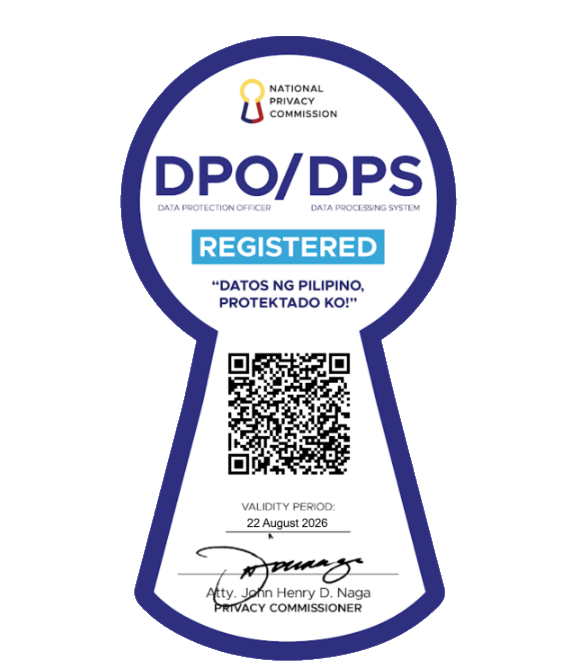VSU secures partnership from Baybay and Ormoc hospitals to support future College of Medicine
- Details
- Written by Mike Laurence V. Lumen
-
Published: 31 July 2025
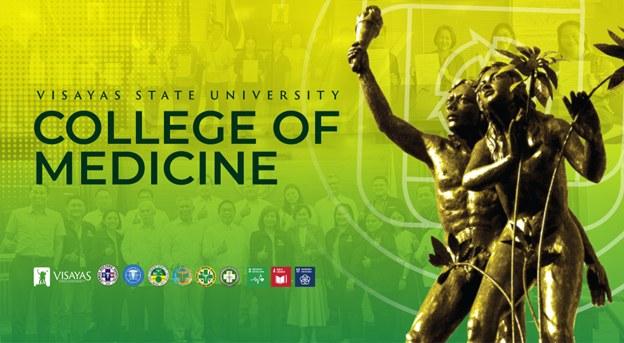
In preparation for the offering of its Doctor of Medicine program, Visayas State University (VSU) continues to build strong partnerships with local hospitals to serve as training grounds for its future medical students.
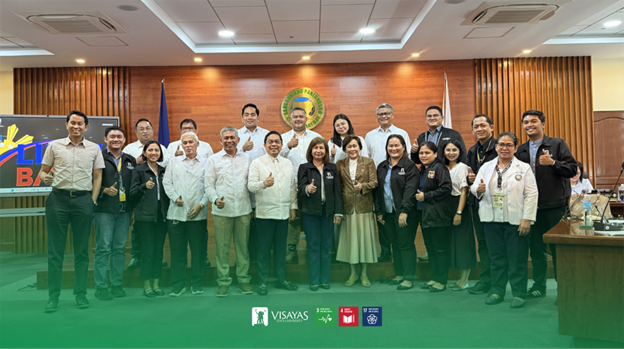
Most recently, VSU officials and the College of Medicine (COM) Technical Working Group were invited to the Sangguniang Panglungsod meeting of Baybay City on June 19, 2025, to finalize a Memorandum of Agreement (MOA) that makes the Baybay City Immaculate Conception Hospital an affiliate hospital of the university.
Along with this, the Baybay City Super Health Center and the City Medical Diagnostic and Dialysis Center will also serve as the educational facilities for medical training.
Representing the university is VSU President Dr. Prose Ivy G. Yepes, Vice President for Research and Innovation Dr. Santiago T. Peña, Jr., VSU-COM TWG chaired by Dr. Ma. Rachel Kim L. Aure, Dr. Merry Christ’l S. Guinocor, Dr. Joel Rey U. Acob, Dr. Joseph E. Padilla, Ms. Chona A. Brit, and Mr. Mike Laurence V. Lumen.
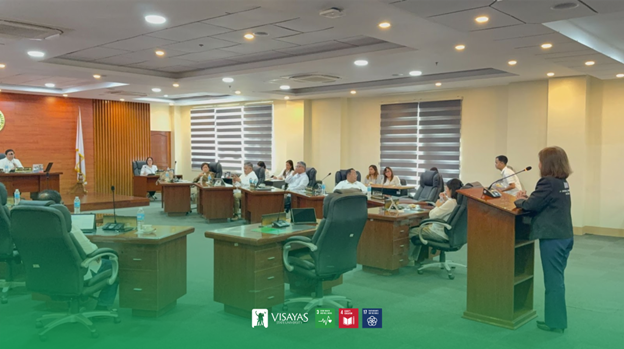
During the session, the TWG was also asked to present detailed plans for the implementation of the proposed VSU-COM and respond to questions from local lawmakers and city officials.
They walked the council through the university’s current progress, including infrastructure plans, curriculum design, faculty recruitment strategies, and anticipated student enrollment.
The discussion also covered how VSU intends to balance medical education with public health service, particularly by integrating students into existing health systems at the community level.
The engagement ended with a strong expression of support from the City Council and recognized the initiative as a timely and much-needed investment in local health care.

Earlier this year, separate MOA signings were conducted to formalize VSU’s hospital partnerships in Ormoc City.
On April 3, 2025, the university entered into formal agreements with Gatchalian Medical Center and Ormoc Doctors’ Hospital, two private institutions in Ormoc known for their modern facilities and medical staff.
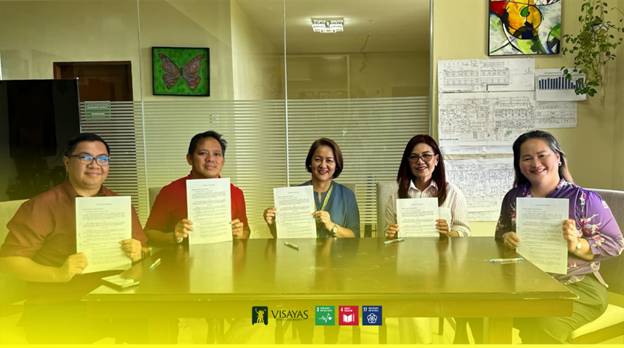
VSU also signed a MOA with OSPA-Farmers’ Medical Center, one of the most established hospitals in the area that caters to a wide range of medical and surgical cases.
Meanwhile, talks are still ongoing with the Eastern Visayas Medical Center, the region’s largest public hospital, to formalize its role as a partner institution.
All these hospitals will play an important role in providing real-world, hospital-based education for VSU’s future medical students.
The responsibilities of these affiliate hospitals include providing access to instructional facilities such as conference rooms and supplies needed during student rotations.
They are also expected to assign coordinators who will maintain proper communication with the university, and uphold national standards for training and teaching hospitals set by the Department of Health, Philippine Medical Association, and Professional Regulation Commission.
The Baybay City Super Health Center and City Medical Diagnostic and Dialysis Center, in particular, will serve as community-based learning sites. These facilities will also supply the students with additional personal protective equipment (PPEs) and help oversee the conduct of training by assigning an in-service coordinator.
In March, VSU officially partnered with VisayasMed Hospital Cebu as its base hospital to provide future medical students with hands-on clinical exposure to complement their academic learning.
President Yepes said these partnerships will play a part in VSU’s long-term plan to extend its public service offerings through health education.
“This move is about building a network of institutions that will support our dream to offer medicine. We are doing the groundwork needed to shape an excellent, community-grounded medical program, and that begins with choosing the right hospitals who can help us train the next generation of doctors,” she said.
This article is aligned with the Sustainable Development Goals (SDG) 3: Good Health and Well-Being; SDG 4: Quality Education, and; SDG 17: Partnerships for the Goals.


